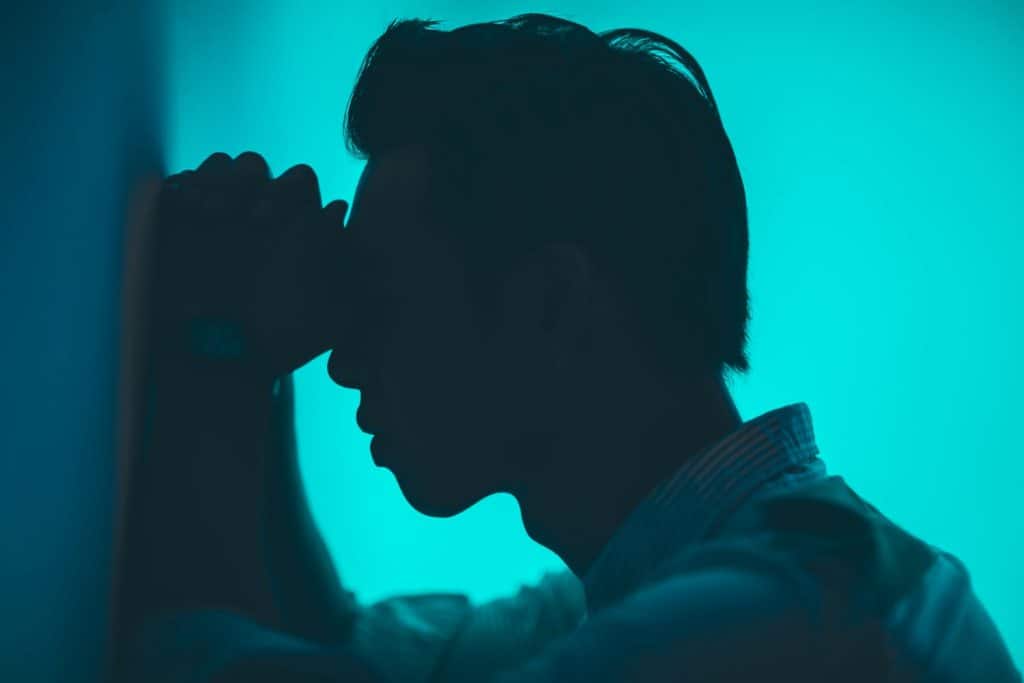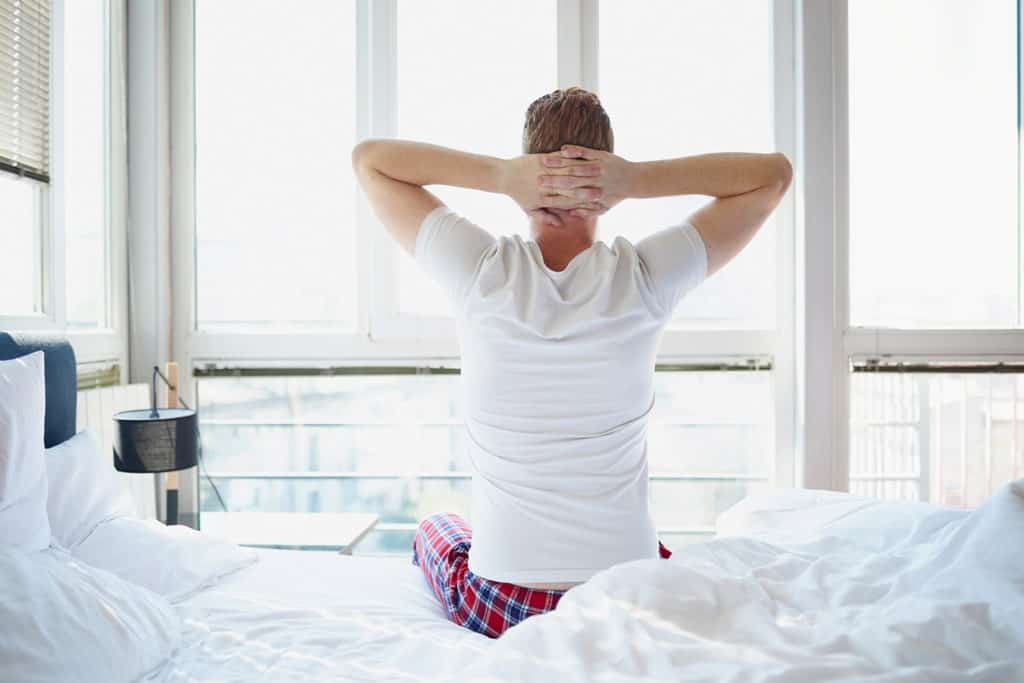Whether or not you believe in hypnosis as a viable physical and mental health improvement tool, chances are you’ve experienced a form of hypnosis on multiple occasions. Do you know when you find yourself absorbed so deeply in a book, a movie, or a song that you forget to remember the rest of the world around you? This is essentially what hypnotherapy is about – a form of relaxation treatment that enables you to leverage the contact power of your subconscious.
Patients with anxiety in particular have often been able to achieve positive outcomes through professional hypnotherapy sessions. Anxiety is a common and potentially debilitating psychological health condition, for which conventional medical treatment options (like prescription drugs) are often ineffective.
But to what extent could hypnosis help bring about positive change in the lives of people who struggle with depression? Are self-hypnosis for anxiety administered at home genuinely effective and worth a try, or is it better to get to grips with hypnosis with a series of sessions at a professional practice?
What is Self-Hypnosis?
Increasingly, advocates of self-hypnosis for stress and anxiety relief are recommending an alternative to the usual program of treatment with an experienced hypnotherapist. For the most part, self-hypnosis is about training yourself to shift your focus to more positive places and outcomes, rather than concentrating on what may be causing you pain, discomfort, and difficulties.
Successful self hypnotherapy sessions allow people to enter a state of deep relaxation and focused attention, in order to take better control of various physical and psychological issues. You use the same basic techniques as a professional hypnotherapist, but in this instance, it’s you who controls your journey into a hypnotic state – not a third party.

Self-Hypnosis for Better Mental Health
The evolution of hypnotherapy and its interpretation by people in general over recent years has been remarkable. Sometimes seen more like a gimmick than an effective way to make a beneficial change in people’s lives, many may have found it difficult to accept just how beneficial this form of alternative therapy can be.
Nevertheless, the more we learn about the power and effectiveness of hypnosis, the more people begin to take it seriously, which is not the case with stage hypnosis which people regard more as means of entertainment.
Hypnosis is already supported and recommended by millions of doctors, dentists, psychiatrists, psychologists, and other healthcare professionals worldwide. Extensive research conducted over many years has demonstrated how hypnosis is able to offer effective relief from a wide variety of issues, no matter how scary, including but not limited to:
- Anxiety disorders
- Chronic pain
- IBS
- Cancer
- Headaches
- Stress management
There’s still a long way to go before we truly understand the power of the mind and the extent to which relaxation techniques could be used more widely as an alternative to conventional therapy. Nevertheless, the future for the field of hypnosis (and self-hypnosis) has never looked brighter.

What is Anxiety?
Anxiety isn’t a single defined condition, but instead a broad and diverse range of symptoms and disorders a person may encounter. While some people with anxiety may feel a state of unease and discomfort on a regular basis, others genuinely find it near-impossible to face the day each morning.
Just a few of the recognized conditions wherein anxiety is a primary symptom include the following:
- Generalized anxiety disorder
- Obsessive-compulsive disorder
- Social anxiety disorder
- Phobias
- Panic attacks/disorder
- Post-traumatic stress disorder (PTSD)
Those who suffer from anxiety may experience a wide variety of physical and psychological symptoms, which can be debilitating in many cases. Examples of which include:
• Agitation and restlessness
• A prolonged sense of dread
• Difficulty concentrating
• Trembling and shaking
• Shortness of breath
• Feeling frequently ‘on edge’
• Sleeping difficulties
Anxiety can appear out of nowhere at any time during life, or can gradually manifest over the course of several years. It can be short-term or long-term in nature, anxiety may run in your family, but in all instances, it tends to be extremely unpredictable.
Treating Anxiety With Self-Hypnosis
Patients who prefer treatment free from the usual pharmaceuticals may find welcome relief in self-hypnosis. Though far from a miracle ‘cure’ in its own right, self-hypnosis has the power to help bring even the most severe anxiety under control – often within a matter of minutes.
With self-hypnosis, you gradually learn how to choose a more positive and pleasant point of focus for your mind. Hypnosis can bring fear, anxiety, and even physical pain under control by giving the brain something else to concentrate on. As remarkable as the human brain is, its capacity to concentrate deeply on two things at once is quite limited.
As a result, achieving a state of calm relaxation free from anxiety and pain can be as simple as focusing your thoughts and energy on something else close to you. Strange as it may sound, practice often and you will eventually gain the ability to choose where your mind is focused at any time of day or night. Alternatively, you can opt for professional hypnotherapy for social anxiety or GAD sessions.

How to Get a Good Start with Self Hypnosis
It’s important to get off to a good start with self-hypnosis if you’re to subsequently believe in its potential and achieve beneficial outcomes. You can read all the articles in the world and listen to people who know what they’re talking about, but it’s something you need to do so you have your own eyes and experience to truly appreciate.
Thankfully, the basics of hypnosis for anxiety are not only easy to master, by the practice itself is completely safe. Simply follow the related steps outlined below to give self-hypnosis a shot for the first time:
1. Find a Comfortable Place
The first thing to do is find a safe, reassuring and comfortable spot, where you can feel as free and calm as possible. Sit up or lay down if you prefer, but remember that self-hypnosis while laying down can result in falling into a deep sleep! Set aside around 30 minutes of your time and wear something comfortable.
2. Relax and Use Hypnotic Induction
Next, focus deeply on relaxing and loosening each and every part of your body from the top down. Ensure you start with your head, progressing on to your face, then your neck and your shoulders, chest, arms, hands, and so on – all the way down to your toes. Picture the stress and tension as something physically oozing out of your body as you progress.
3. Introduce a Hypnotic Suggestion
This is the point where you will want to come up with a personal mantra, which you will then use each time you perform self-hypnosis. Keep it simple yet meaningful to you – something along the lines of “I feel safe, confident, calm and relaxed.”Repeating this mantra over and over as you breathe deeply and concentrate on relaxation will help you fall into a relaxed hypnotic state.
4. Return To Your Normal State
After 20-30 minutes, you can begin bringing yourself back – count slowly to five and allowing yourself to become aware of your surroundings. After you count to five, you can open your eyes, stretch your limbs and get back to life as normal. Only now, you’ll find yourself exponentially less stressed and nervous than you were before you conducted the exercise.
Whether you follow these steps three, five, or 15 times a week is entirely up to you. However, practice makes perfect when it comes to self-hypnosis.

The Advantages of Self-Hypnosis
While self-hypnosis certainly isn’t for everyone, it can nonetheless open doors for most people with liberated minds. A long list of physical and psychological symptoms can be brought under control by building a deeper understanding of how the human subconscious works.
Patients who struggle with anxiety might conduct extensive research into the condition, consulting medical articles and journals looking for a quick fix. Unfortunately – and as is the case with all forms of mental health conditions – there is no quick-fix cure available.
Self-hypnosis is a form of alternative treatment that essentially involves convincing your conscious and subconscious that the issues you are facing are under your control. With each session, you steer your relaxed thoughts and focus towards positive improvements. You don’t ignore them, you accept them and learn how to live with them.
This is where hypnotherapy differs from all forms of conventional medical treatment like prescription drugs, which are designed primarily to address the symptoms of anxiety and fear – not get to grips with its cause.
Self-Hypnosis Session vs Guided Meditation
Rounding off, self-hypnosis and guided meditation are similar in many ways. They both involve training the mind and body to reach a state of deep and focused relaxation, with the aim of making beneficial life improvements.
However, the main difference between the two is the fact that meditation is usually performed with no predetermined goals in mind. You dedicate simply to feel better and get more out of life – you practice self-hypnosis when looking to take control of a specific psychological or physical health issue and situation.
While it’s not to say that both cannot make a difference in the lives of those who struggle with anxiety, focused self-hypnosis has the power to bring about the most beneficial experience and change of all, and is therefore definitely worth a try.

